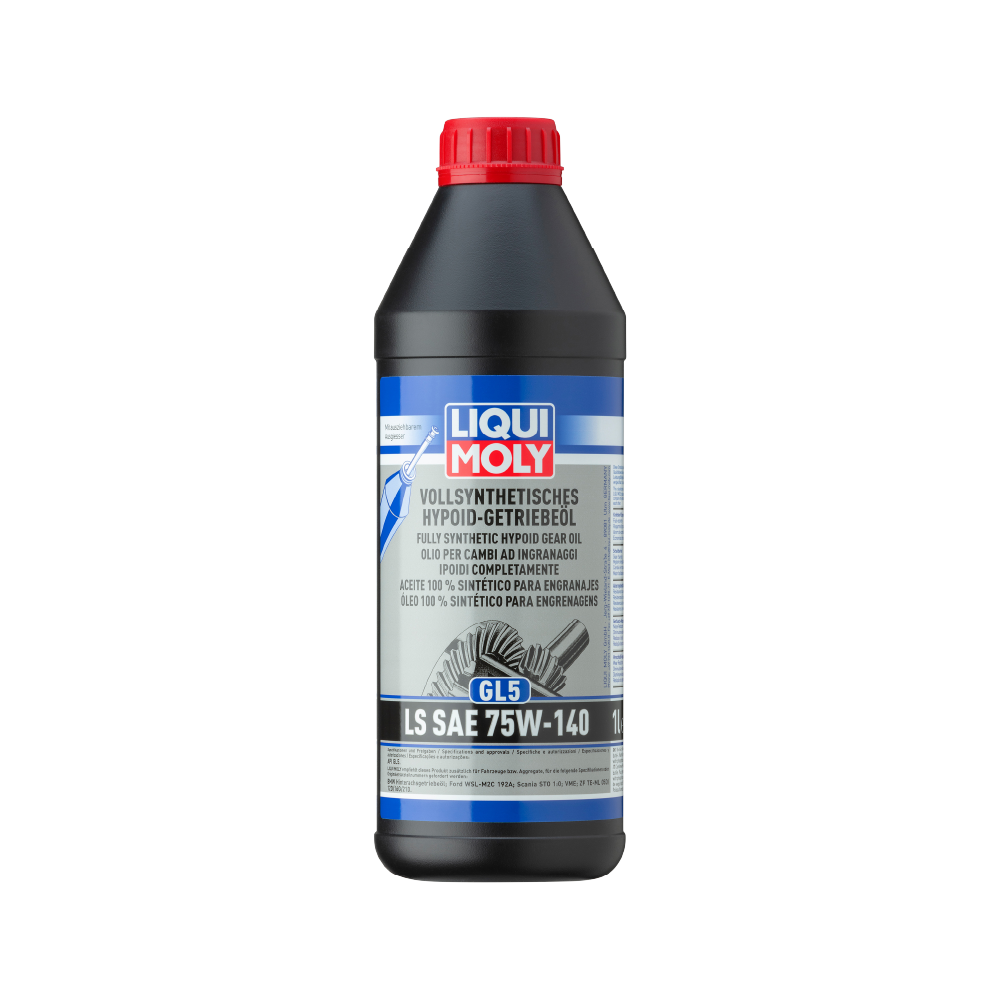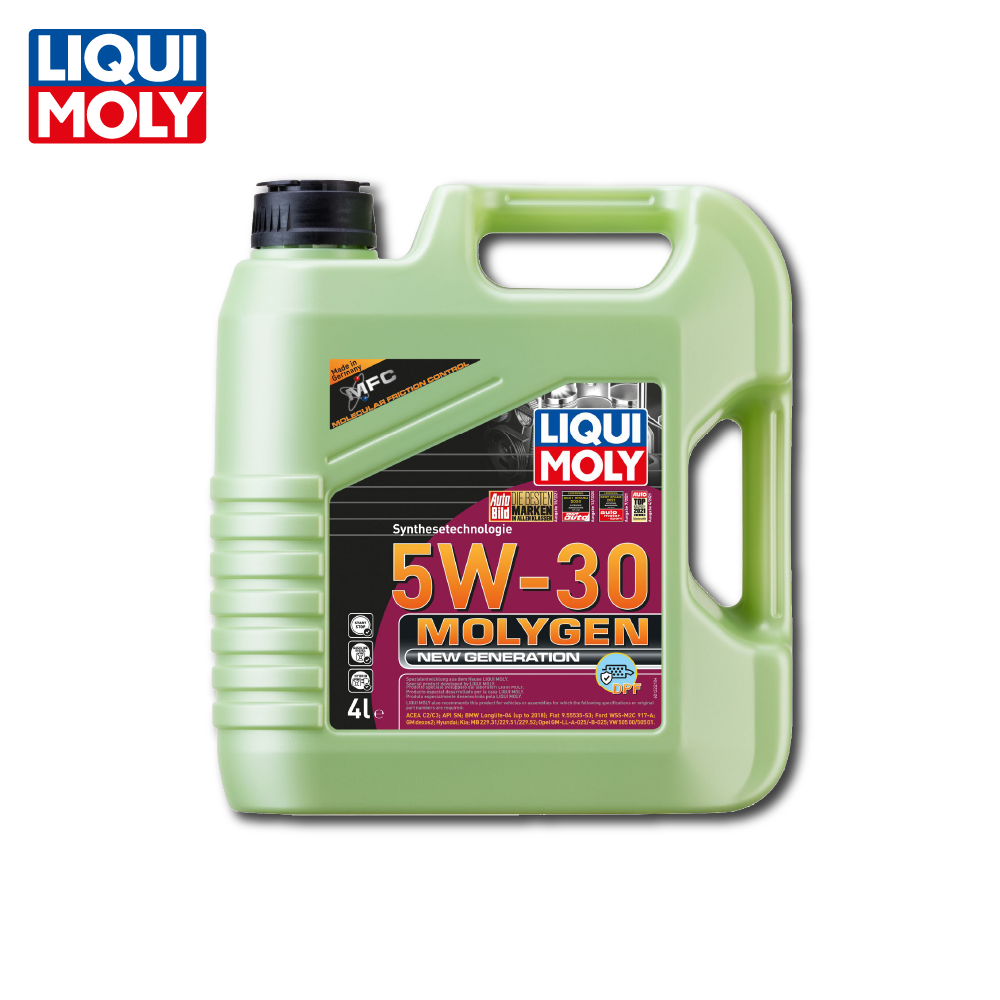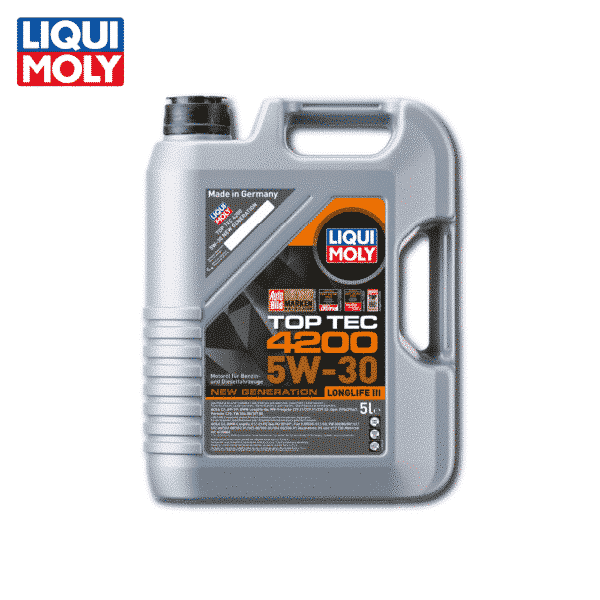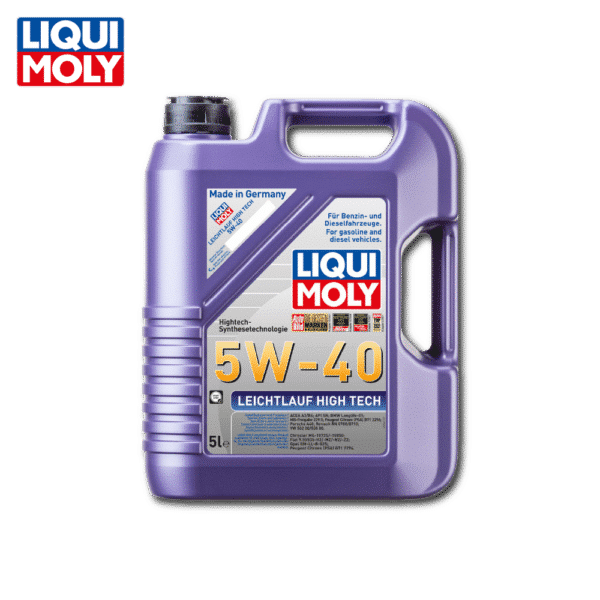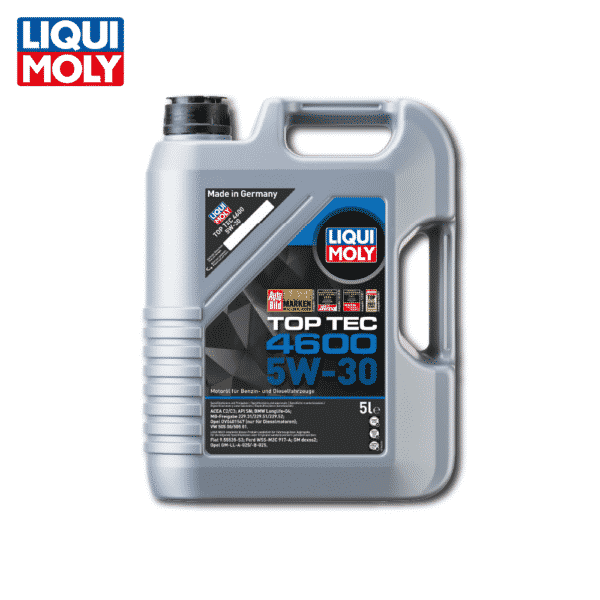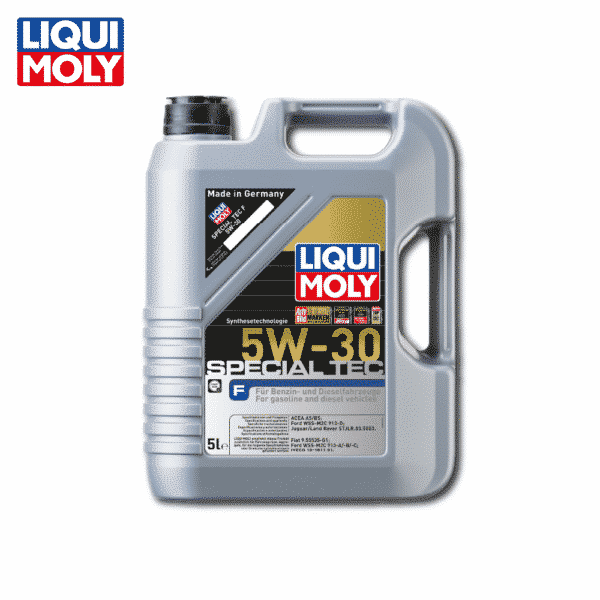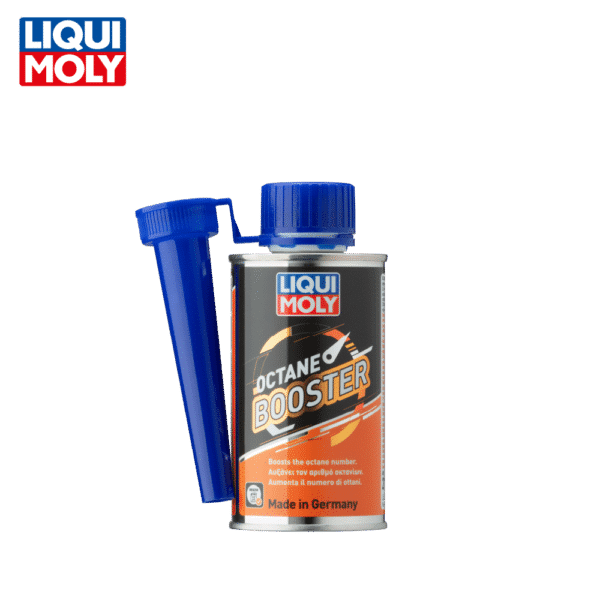Driving is an essential part of our daily lives, but are we giving our vehicles the attention they deserve? Regular vehicle checks are crucial for ensuring our safety on the road, as well as maintaining the performance and longevity of our cars. In this blog post, we’ll explore the importance of regular inspections, essential vehicle check components, and how to prepare for seasonal changes and emergencies. Buckle up and let’s dive into the world of vehicle maintenance!
Shop for the products in this blog
Key Takeaways
Regular vehicle checks are essential for safety, minimizing repair costs and maintaining fuel efficiency.
Routine maintenance of tyres, fluid levels and lights is necessary to ensure safe operation and optimal performance.
Pre-journey inspections can help identify potential issues while regular servicing by a qualified mechanic is essential to maintain the longevity of your car.
The Importance of Regular Vehicle Checks
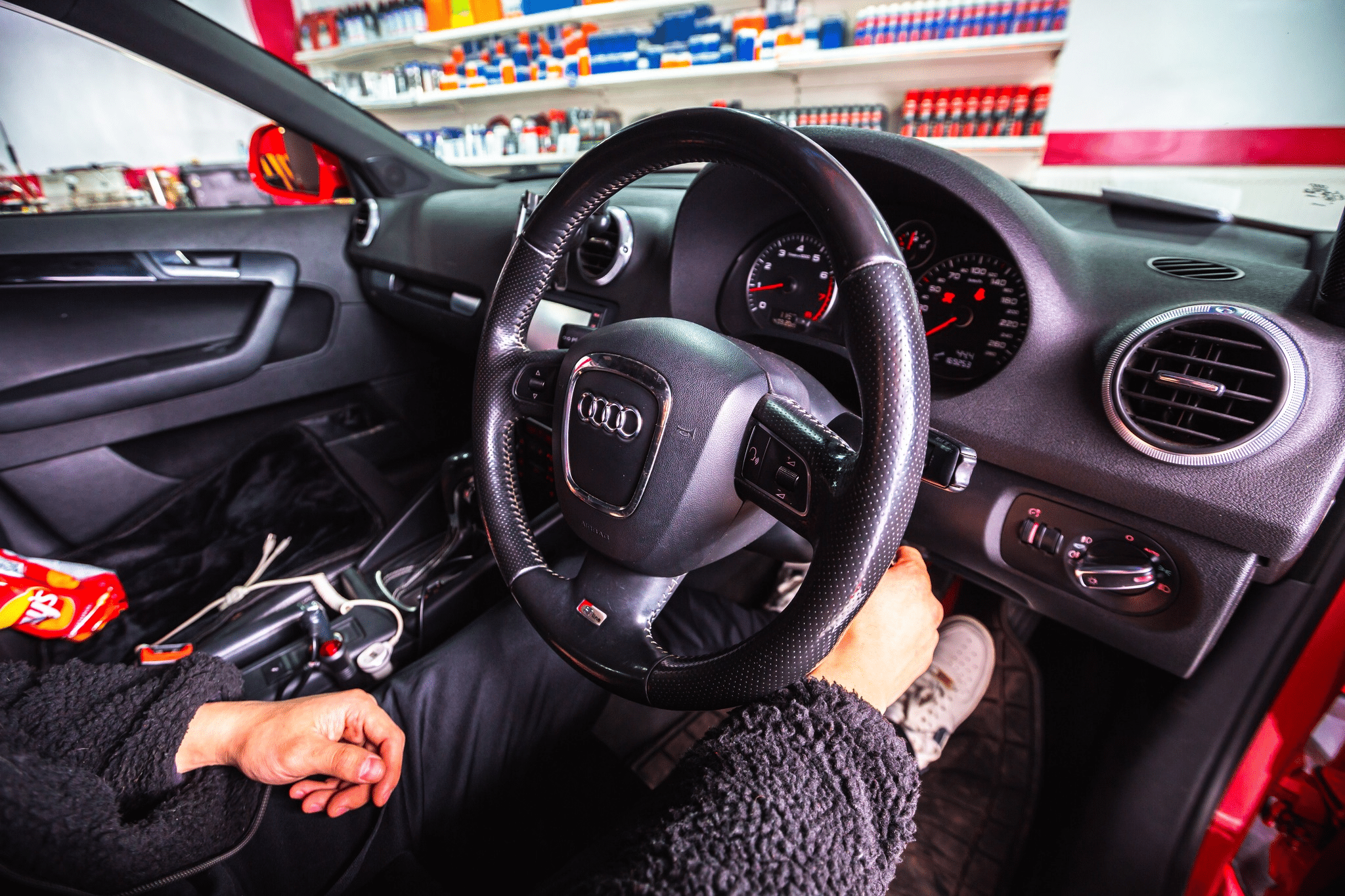
Performing regular car checks can aid in preventing accidents, lowering repair costs and sustaining fuel efficiency. By keeping your car in top shape, you not only protect yourself but also others on the road.
Moreover, adhering to a regular inspection routine can help you avoid costly problems down the road and keep your car running smoothly for years to come.
Preventing accidents
Routine vehicle checks primarily help prevent accidents. Spotting potential issues early on can significantly diminish the likelihood of accidents. Unusual sounds in your vehicle, for example, could be due to a worn cambelt, brake pads, or under-inflated tyres. If you notice any of these warning signs, it’s essential to take action immediately to ensure a safer journey.
Besides listening for unusual noises, confirming the proper functioning of your hazard lights is vital. This simple safety measure can make all the difference when faced with an emergency situation on the road, allowing you to signal other drivers and avoid potential collisions.
Saving money on repairs
Regular vehicle maintenance not only keeps you safe on the road, but also saves you money in the long run. By addressing potential issues early on, you can avoid costly repairs and extend the lifespan of your vehicle.
For example, monitoring your oil levels routinely is crucial because:
One in three vehicles have dangerously low oil levels
Low oil levels can potentially trigger a breakdown
Low oil levels can cause catastrophic engine damage if not addressed
By performing regular checks and staying on top of vehicle maintenance, you can keep repair costs to a minimum.
Maintaining fuel efficiency
Proper vehicle maintenance also leads to improved fuel efficiency and reduced emissions. Checking fluid levels, such as coolant, is essential in preventing severe engine damage and ensuring optimal vehicle performance.
Maintaining the correct oil level is especially important for power steering, as it helps to reduce friction between moving parts, thus improving fuel economy and minimizing emissions.
By keeping your vehicle well-maintained, you can enjoy better performance, save money at the pump, and contribute to a cleaner environment.
Get help for your car from our AI Car Expert!
Essential Vehicle Check Components
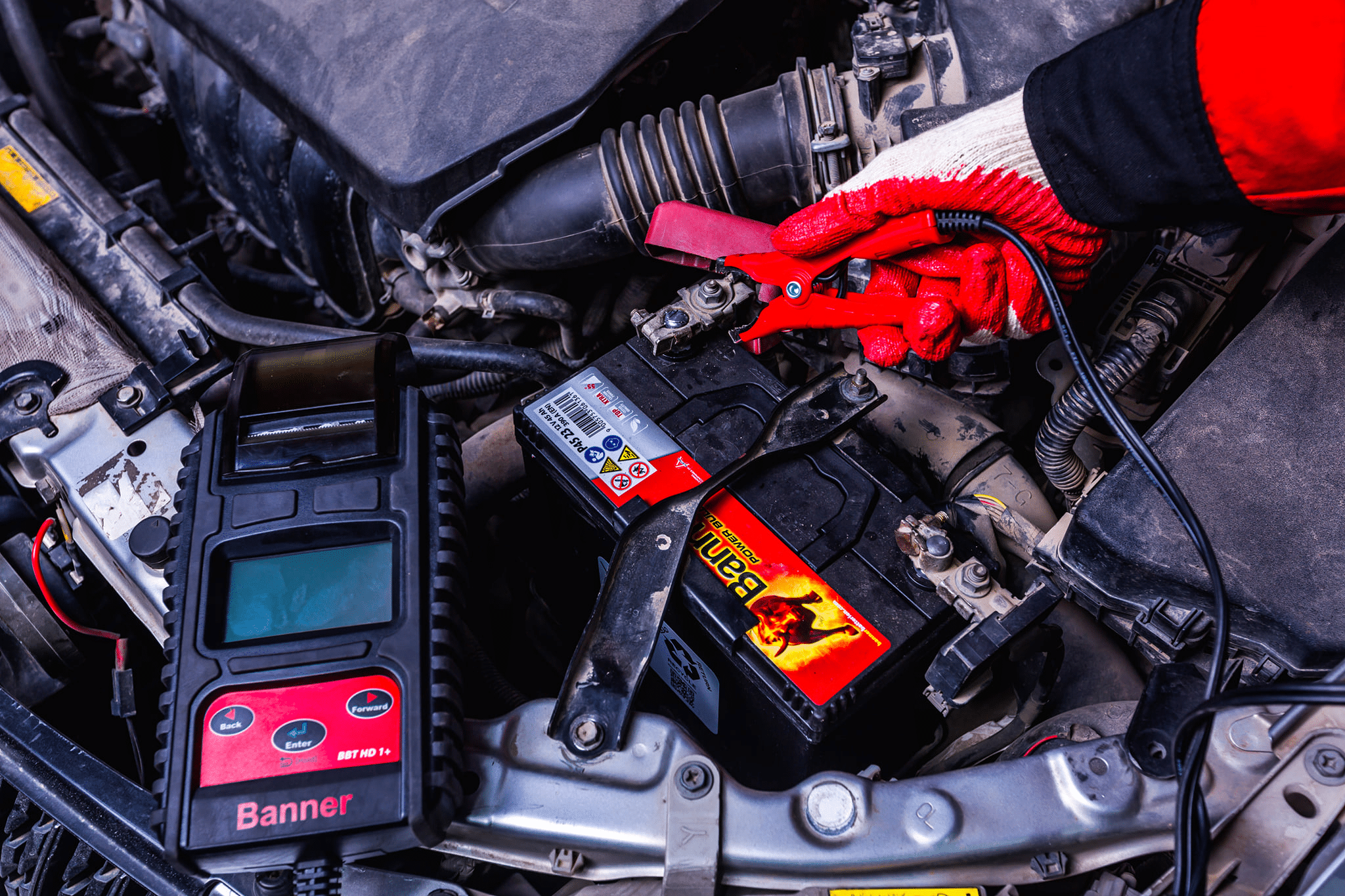
Maintaining your vehicle in prime condition requires careful attention to three critical components: tires, fluid levels, and lights. Regularly checking these components can help you avoid accidents, costly repairs, and reduced performance.
The following sections will discuss each of these key components in detail and provide guidance on their proper inspection and maintenance.
Tyres
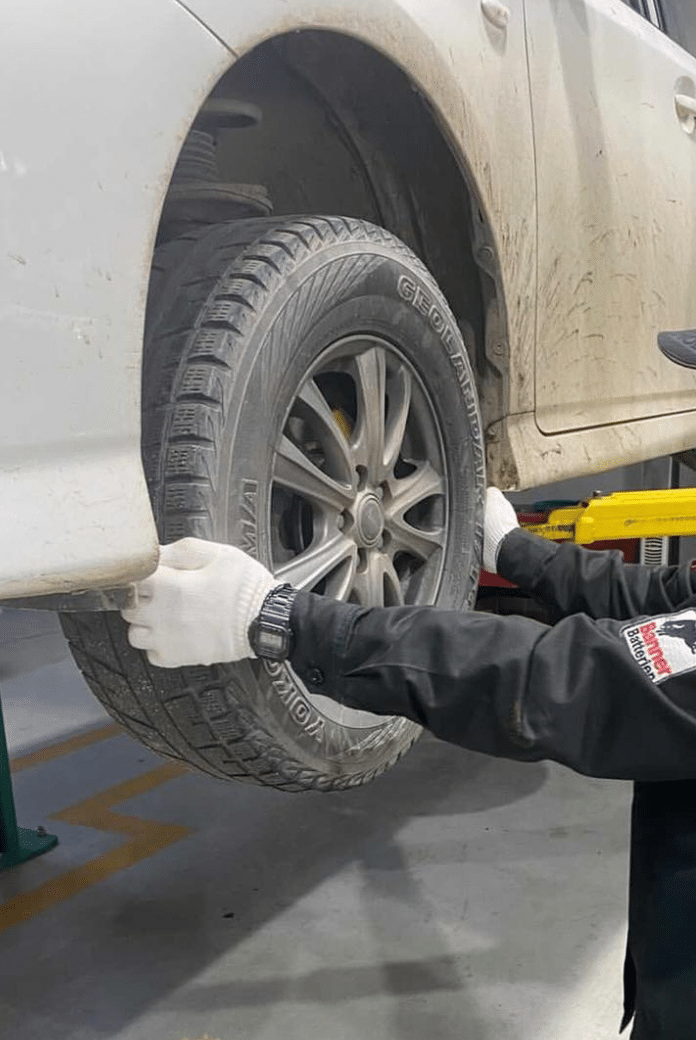
Since your tires are the sole contact point between your vehicle and the road, their maintenance should be a top priority. Regularly inspecting your tires for wear, proper inflation, and damage is essential for safe driving and optimal performance. Furthermore, maintaining the legally required tyre tread depth of 1.6mm is crucial, as worn tyres can adversely affect your braking distance, steering, and fuel efficiency.
Additionally, it’s essential to verify tyre pressure, as under-inflated or over-inflated tyres can negatively impact your:
Braking distance
Steering
Fuel efficiency
Longevity of your tyres
By conducting regular tyre inspections and addressing any issues promptly, including the use of illegal tyres, you can ensure a safer journey and prolong the life of your tyres.
-
Product on sale
 LIQUI MOLY Top Tec 4200 5W-30 New Generation£16.00 – £58.00
LIQUI MOLY Top Tec 4200 5W-30 New Generation£16.00 – £58.00 -
 LIQUI MOLY Leichtlauf High Tech 5W-40£19.89 – £48.64
LIQUI MOLY Leichtlauf High Tech 5W-40£19.89 – £48.64 -
 LIQUI MOLY Ceratec£20.40
LIQUI MOLY Ceratec£20.40 -
 Premium Oil Change Set£37.23
Premium Oil Change Set£37.23 -
 LIQUI MOLY Oil Sludge Flush£16.83
LIQUI MOLY Oil Sludge Flush£16.83 -
 LIQUI MOLY Top Tec 4600 5W-30£14.76 – £71.06
LIQUI MOLY Top Tec 4600 5W-30£14.76 – £71.06 -
 LIQUI MOLY Special Tec F 5W-30£16.08 – £42.85
LIQUI MOLY Special Tec F 5W-30£16.08 – £42.85 -
 LIQUI MOLY Octane Booster£8.29
LIQUI MOLY Octane Booster£8.29
Fluid Levels
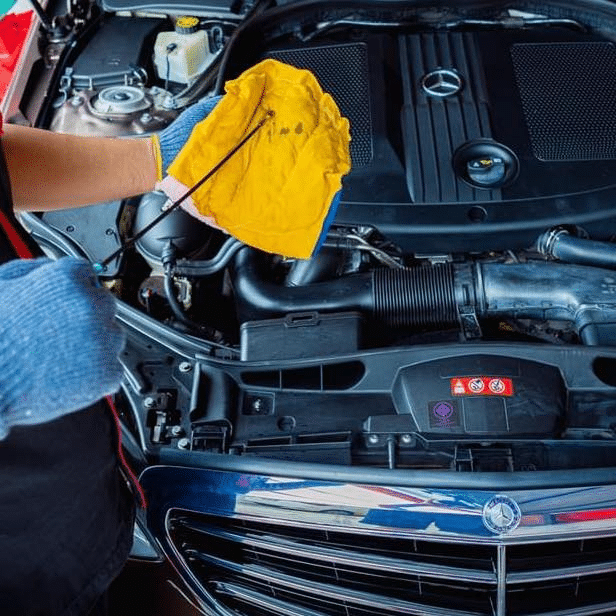
Checking fluid levels, such as oil, coolant, and screen wash, is crucial for preventing engine damage and ensuring optimal vehicle performance. Maintaining the correct oil level is particularly important, as it lubricates the engine’s moving parts, reducing friction and wear.
Coolant levels should also be monitored, as coolant helps regulate engine temperature and prevent overheating. Finally, checking your screen wash levels is essential for maintaining good visibility, particularly during adverse weather conditions.
By regularly inspecting and maintaining your vehicle’s fluid levels, including the brake fluid level, you can avoid costly repairs and keep your car running smoothly.
Lights
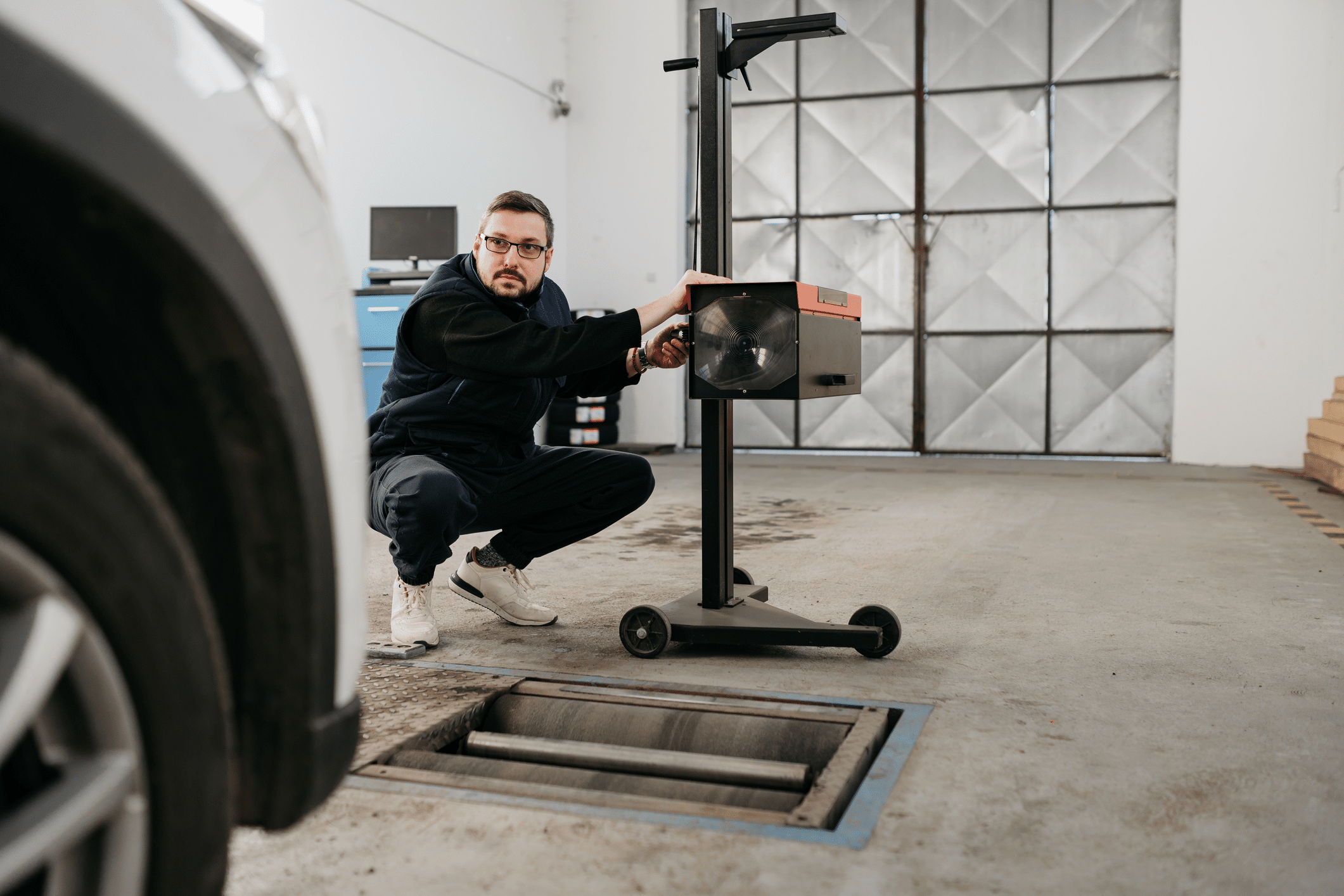
Proper functioning of all vehicle lights is paramount for your safety and that of other road users. Regularly inspecting and testing your headlights, brake lights, turn signals, and other lights ensures that your vehicle is visible to other drivers and that you can clearly see the road ahead.
If you notice any issues with your lighting system, such as flickering or dimmed lights, it’s essential to address the problem promptly to avoid accidents and potential penalties. By staying vigilant and checking your lights regularly, you can ensure a safer journey for everyone on the road.
Performing a Pre-Journey Vehicle Inspection

It’s always prudent to conduct a pre-journey vehicle inspection before you set off on the road. This crucial step can help you identify any potential issues and address them before they escalate, ensuring a safer and more enjoyable journey.
The upcoming sections will cover the key aspects of a pre-journey vehicle inspection, which include checking basic components, spotting potential issues, and preparing for emergencies.
Checking the basics
Before embarking on any journey, always make sure to check the basics, such as tire pressure, fluid levels, and lights. Ensuring that your tires are properly inflated and that your fluid levels are within the specified ranges can help prevent breakdowns and accidents.
Additionally, verifying that all lights are functioning correctly is crucial for maintaining good visibility and alerting other drivers of your presence on the road. By taking a few minutes to check these essential components, you can enjoy a safer and more pleasant journey.
Identifying potential issues
During your pre-journey vehicle inspection, be on the lookout for any potential issues that could indicate a problem requiring attention. This may include leaks, unusual noises, or any warning signs on your dashboard.
By addressing these issues promptly, you can avoid accidents, breakdowns, and costly repairs down the road. Remember, it’s always better to be safe than sorry when it comes to vehicle maintenance.
Preparing for emergencies
In addition to checking the basics and identifying potential issues, it’s essential to prepare for emergencies by keeping a well-stocked emergency kit in your vehicle. This kit should include tools, first aid supplies, and a spare tire, among other essentials.
Having these items readily available can make all the difference in the event of an emergency, allowing you to address minor issues on the spot or signal for help when needed. By being prepared, you can ensure a safer journey for yourself and your passengers.
Seasonal Vehicle Checks
As the seasons rotate, the demands on your vehicle alter accordingly. Conducting seasonal vehicle checks is vital to prepare your car for the unique challenges presented by varying weather conditions.
In this section, we’ll explore the importance of conducting both winter and summer checks to keep your vehicle running smoothly and safely all year round.
Winter checks
Winter brings harsh weather conditions that can take a toll on your vehicle. To ensure your car is winter-ready, it’s essential to perform a series of checks, including:
Inspecting your battery
Checking coolant levels
Checking wiper blades
Ensuring your vehicle is equipped with appropriate winter tires
Cold weather can affect your battery’s performance, making it harder for your vehicle to start and increasing the demand for electrical equipment such as lights and heaters.
In addition to checking your battery, it’s crucial to verify your coolant levels, as coolant helps prevent freezing and cracking of the radiator in winter. It’s also essential to ensure your wiper blades are in good condition, as they play a vital role in maintaining clear visibility during snow and ice storms.
By performing these winter checks, you can keep your vehicle in top shape and minimize the risk of breakdowns during the colder months.
Summer checks
As the temperatures rise, it’s crucial to ensure your vehicle is prepared for the summer heat. Summer checks involve inspecting your air conditioning system, coolant levels, and ensuring your vehicle is equipped with appropriate summer tires.
It’s essential to verify that your air conditioning system is working correctly and free from any signs of wear and tear. Additionally, maintaining adequate coolant levels can help prevent your engine from overheating during hot summer days.
By conducting these summer checks, you can ensure your vehicle stays cool and runs smoothly throughout the season.
When to Seek Professional Help
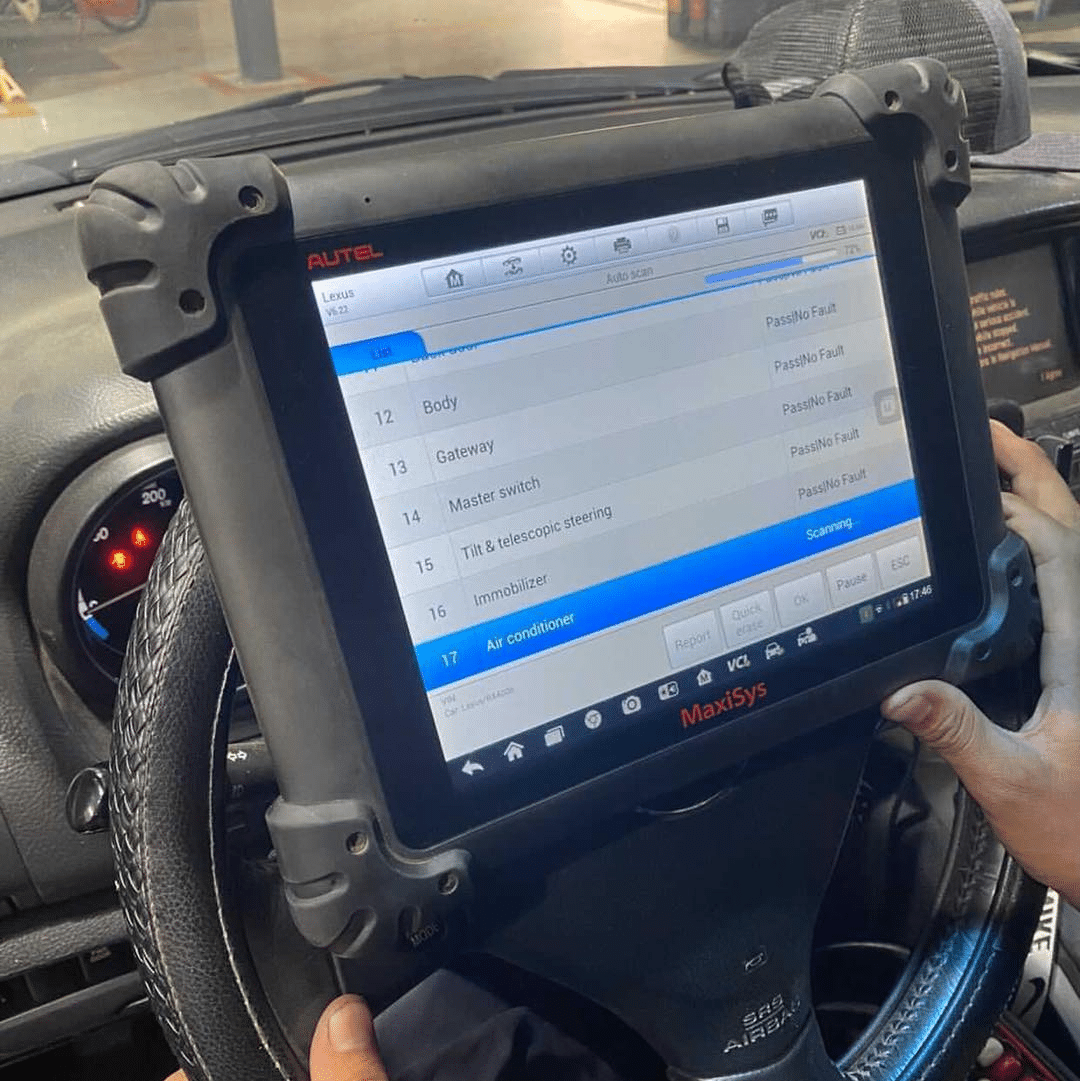
Despite the importance of regular vehicle checks and maintenance in maintaining your car’s condition, there are instances when professional assistance becomes necessary. This section will outline scenarios where it becomes necessary to seek help from a qualified mechanic and how they can aid in maintaining your vehicle’s safety and performance.
It’s important to remember that trained technicians, such as a qualified mechanic, can provide a range of services.
Warning signs
If you notice any warning signs, such as dashboard lights or unusual noises, it’s essential to seek professional help immediately. These indicators may suggest a problem that requires the attention of a qualified mechanic.
Ignoring these signs of mechanical faults can lead to further damage and potentially costly repairs down the line. By addressing these issues promptly, you can ensure your vehicle remains safe and reliable on the road.
Regular servicing
In addition to addressing warning signs, regular servicing by a qualified mechanic is essential for maintaining your vehicle’s safety and performance. During a service, a mechanic will thoroughly inspect your vehicle, identifying any potential issues and providing necessary maintenance to keep your car running smoothly.
Regular servicing not only helps to prevent accidents and breakdowns, but also offers numerous benefits, such as improved longevity, increased safety, and better fuel efficiency. By investing in regular servicing, you can ensure your vehicle remains in prime condition for years to come.
Legal Requirements and Penalties
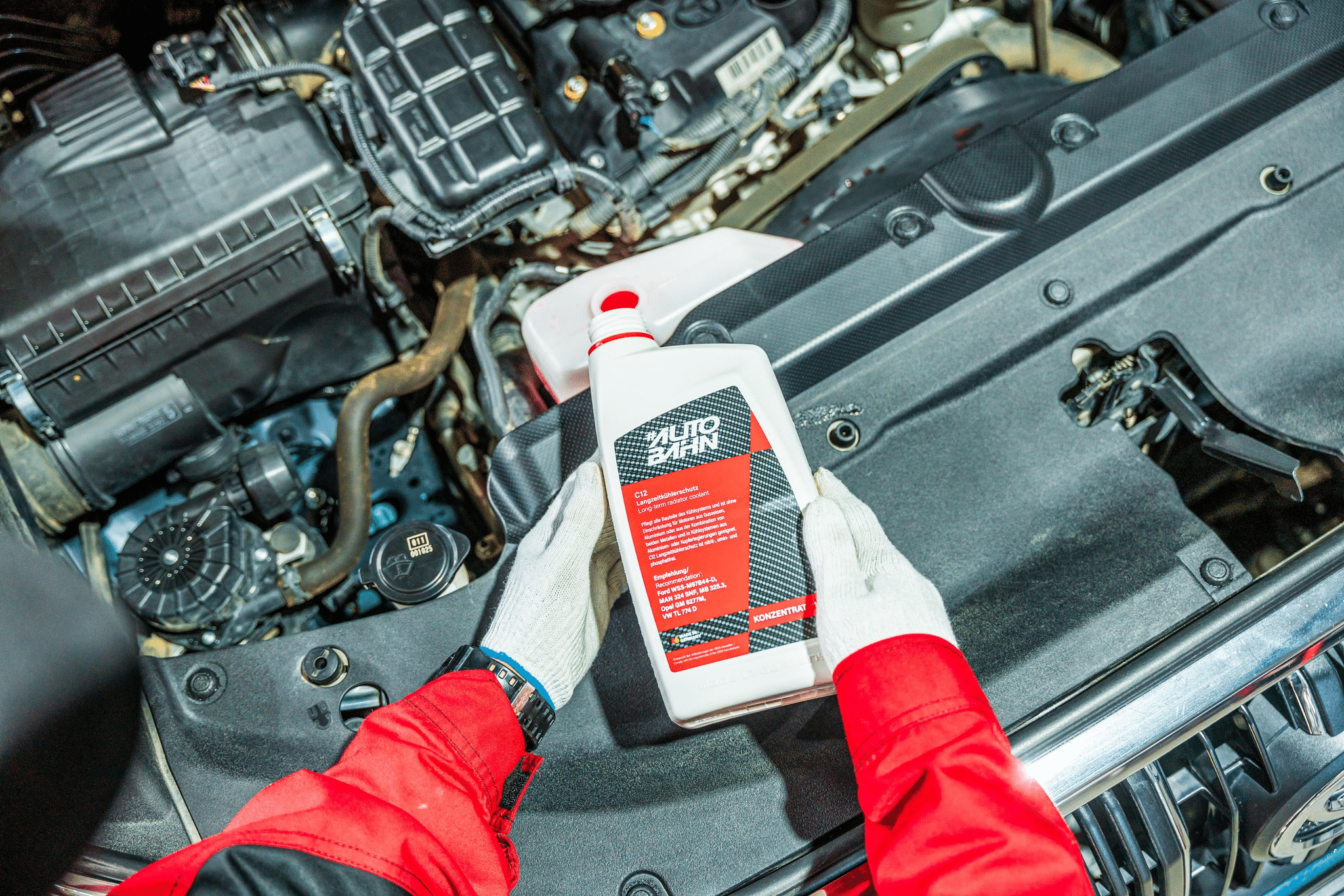
Vehicle maintenance is not only vital for your safety and your car’s longevity, but it also forms a legal requirement in many jurisdictions. Failing to meet these legal requirements can result in penalties, such as fines, points on your driving record, or even having your vehicle impounded.
This section will delve into the legal requirements and penalties associated with vehicle maintenance, underscoring the importance of conforming to safety standards.
Legal requirements
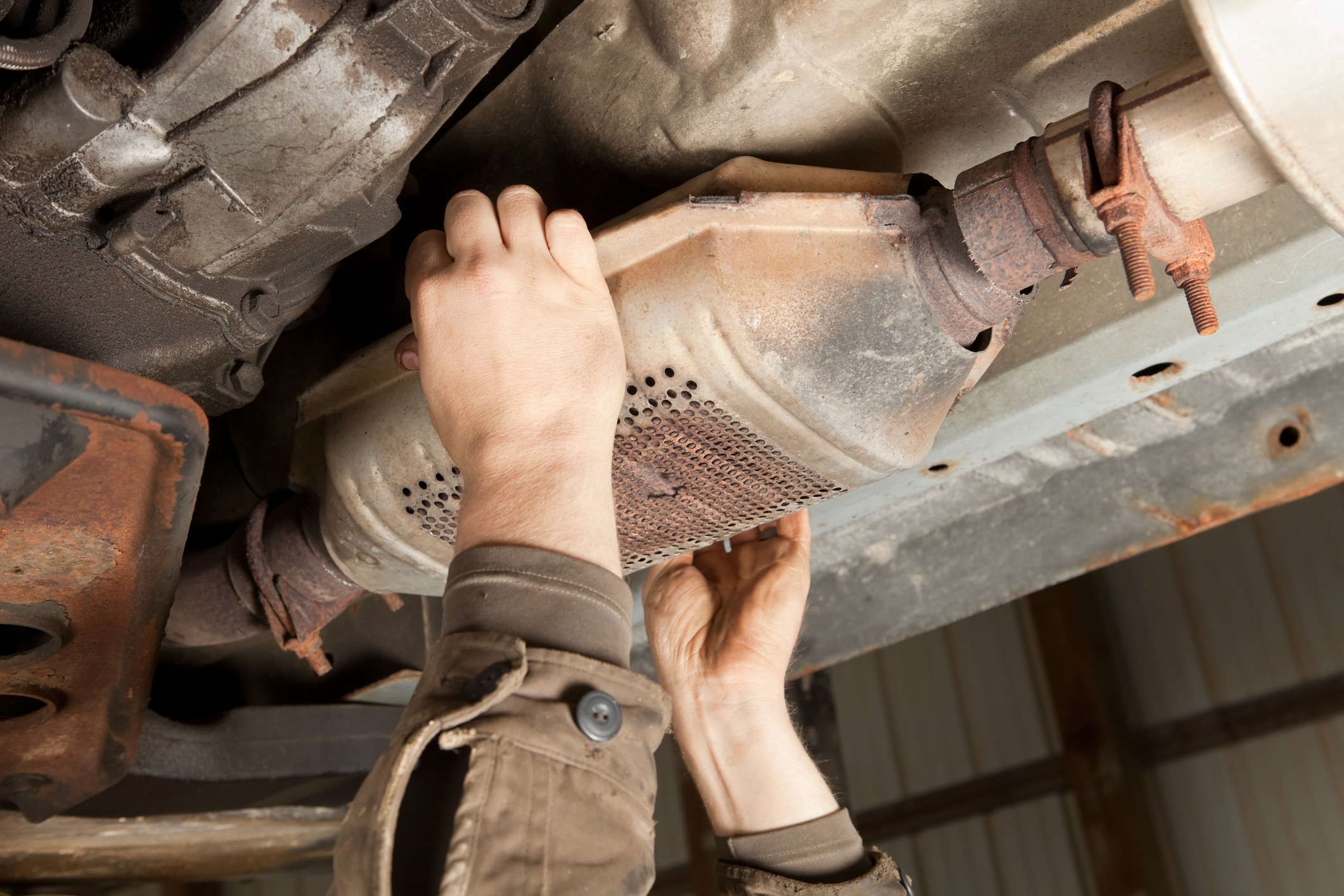
Legal requirements for vehicle maintenance may include maintaining a minimum tyre tread depth, ensuring all lights are functioning correctly, and keeping fluid levels within specified ranges.
Additionally, in some jurisdictions, you may be required to complete and document daily vehicle checks to comply with heavy goods and public service vehicle standards. By adhering to these legal requirements, you can help ensure the safety of yourself and other road users.
Penalties
Failing to meet legal requirements can result in penalties, such as fines, points being added to your driving record, or your vehicle being impounded. In some cases, running out of fuel in certain locations may even result in a Fixed Penalty Notice if the breakdown was foreseeable.
To avoid these penalties and ensure the safety of all road users, it’s essential to stay vigilant and maintain your vehicle according to the legal requirements in your jurisdiction.
Summary
In conclusion, regular vehicle checks and maintenance are crucial for ensuring the safety, performance, and longevity of your car. By paying attention to essential components such as tires, fluid levels, and lights, and conducting pre-journey and seasonal checks, you can minimize the risk of accidents and costly repairs. Additionally, seeking professional help when needed and adhering to legal requirements can help you stay safe on the road and avoid penalties. Always remember: a well-maintained vehicle is a safe and reliable vehicle, so make vehicle checks an integral part of your driving routine.
Frequently Asked Questions
What vehicle checks should you do?
Conduct regular vehicle checks, including checking the levels of engine oil, engine coolant, brake fluid, power steering and windscreen washers.
Also check for tire wear, fuel level, oil and water levels, and inspect all electric components and screen wash.
What is a full vehicle check?
A full vehicle check provides detailed information such as MOT history, road tax info, mileage issues, exported status, safety recalls, stolen car checks and more to help you make an informed purchase decision.
It can help you avoid risks such as outstanding finance and colour/plate changes associated with the vehicle.
Can I check a car’s history for free?
Yes, you can check a car’s history for free with our car check tool. Enter your registration plate and you’ll get basic info such as the MOT history, number of previous owners and mileage.
How often should I perform regular vehicle checks?
Regular vehicle checks are essential to maintain safety and efficiency – before long journeys or when the seasons change is a good general guide.
What are some common causes of breakdowns?
Regular maintenance and checks are key to avoiding breakdowns, as common causes include running out of fuel, inadequate tyre maintenance, power loss, and engine issues.

